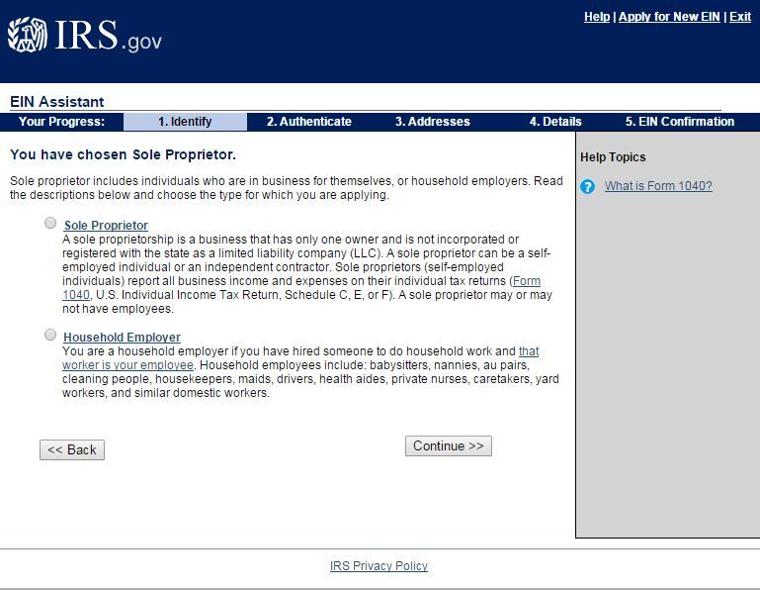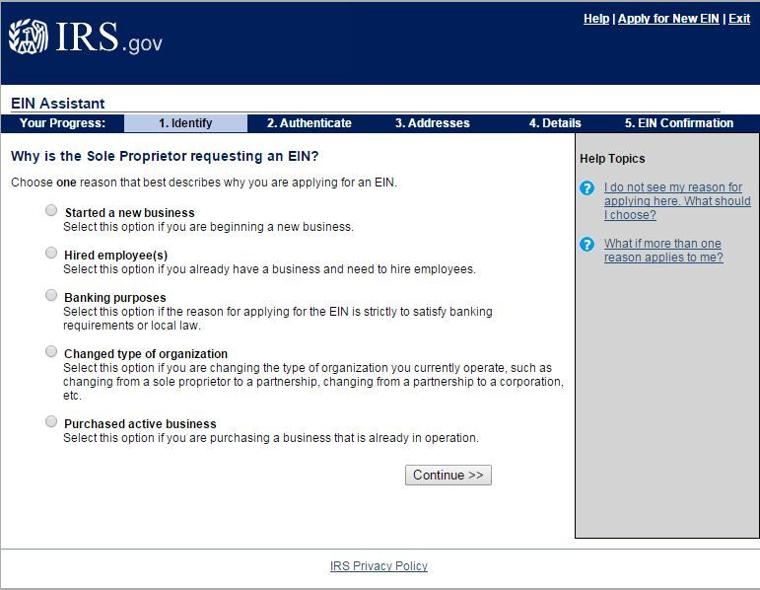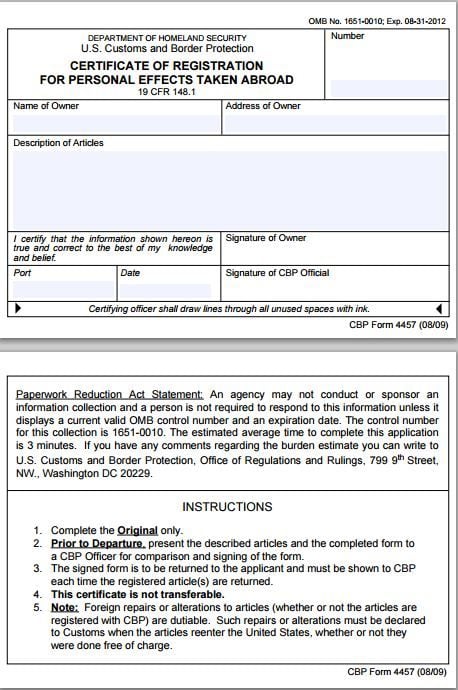PA Bill Number: SB1036
Title: Consolidating the First Class Township Code; and making a repeal.
Description: An Act amending Title 73 (Townships) of the Pennsylvania Consolidated Statutes, consolidating the First Class Township Code; and making a repeal.
Last Action: Act No. 7 of 2026
Last Action Date: Feb 11, 2026
New federal gun rules for traveling hunters, target shooters cause mass confusion :: 04/03/2015
Hunters gearing up for trips to Africa, Canada and other faraway places are discovering "new" federal rules about taking guns outside the U.S.
And they're finding the process to comply with the rules complicated and rife with problems.
In fact, it's so confusing that the National Rifle Association and Safari Club International both issued press releases within the past two weeks - one on March 20 and one on March 23 - making hunters aware of the rule and telling them the organizations' leaders are working feverishly to try to figure out what's going on.
Their efforts have included attempts to reach the federal government.
"These new requirements became part of regulations that went into effect in 2012," Safari Club stated in a news release.
"For reasons unknown at this time, the government has only recently decided to implement them...
"SCI is gathering information to try to better inform our members about what they will need to do to ensure that they are complying the new requirements."
Craig Kauffman of West Hempfield Township is president of the 55,000-member Safari Club. He believes he knows what's going on.
"It's the Obama administration trying every way possible to take away our guns," Kauffman said.
"Quite frankly, we already have a system that works. It's ridiculous our government is spending time and effort on this kind of thing."
New rules
Recently, the U.S. Office of Immigration and Customs Enforcement posted an announcement on its website that anyone traveling with rifles and pistols must declare them through the U.S. Census Bureau's Automated Export System.
But to access those declaration forms, a person first must obtain an Employer Identification Number from the Internal Revenue Service.
Such numbers are given by the IRS to employers, individuals "and other business entities," according to the IRS website.
Although all of the directions talk about business entities, the document explaining how to secure an Employer Identification Number plainly states, "Individuals applying for an EIN may do so under the Sole Proprietor category, even if they are not starting a business."
According to the NRA, this new declaration rule actually has existed since 2012. It was "buried in a Federal Register notice aimed at authorizing the temporary export of gas masks by government employees and contractors," the organization states on its site.
A reporter tries and fails
I attempted to create my own Employer Identification Number, following the posted instructions, declaring myself a "sole proprietor," even though the definition seems to have nothing to do with hunting.
 Eventually, I came to a screen that asked me to declare the reason I wanted the identification number.
Eventually, I came to a screen that asked me to declare the reason I wanted the identification number.
And I had to click on one of the following selections, which were the only ones offered:
Again, none fits the needs of a traveling hunter or target shooter.
"Either you have to lie and make something up, or you can't complete the form if you're a hunter heading to Africa," Kauffman said.
And without an Employer Identification Number, you can't get a firearms export document.
Old rules
Previously, the State Department’s International Trafficking in Arms Regulations allowed traveling hunters to take up to three firearms, plus a certain amount of ammunition, out of the country temporarily as long as the firearms were declared to a U.S. Customs officer.
This was done by filling out a Customs Form 4457, which is used to declare any personal property taken out of the country. Travelers fill out this form to indicate they owned the declared items before leaving the U.S., in order to avoid being charged import duties upon return.
So a hunter could take guns to a Customs office before traveling, and have them declared on a 4457 form. He would carry that form as he traveled abroad, and present the form to a Customs agent when he re-entered the U.S.
Apparently, the 4457 form still can be used to declare shotguns taken outside the U.S., but not for rifles and pistols.
Problems lurk
Cabela's Outdoor Adventures books hunting trips all over the world.
Senior consultant Frank Cole said he has been working feverishly to try to figure out how his clients can navigate the new rules.
"It's very confusing, and it all seems to be a big mess," he said.
Cole said he's been telling his clients to go with the old 4457 form for the time being.
He said he wasn't aware of any hunters having problems with the export/import process.
"But how long is that going to last?" he said.
In its news release about the new rules, the NRA said U.S. Customs officers at some airports have been manually entering information about travelers and their firearms into the federal system.
But the NRA said it had no idea how the issue is being dealt with at border crossings where hunters are driving from the U.S. into Canada and Mexico.
(Many Lancaster County hunters drive to Canada each spring to hunt bears. That season typically opens in early May.)
And what about hunters beginning trips at airports like Harrisburg International Airport, which doesn't have a Customs office?
"We are literally tracking this by the hour," Kauffman said of Safari Club International. "And we don't seem to be getting anywhere."
Ana Seidman is the Safari Club's director of litigation. She said her organization and others have been trying to meet with federal Customs officials to talk about a number of issues.
"Why is this rule being enforced now, when it's been in existence since 2012?" Seidman said. "They also need to tell us and the rest of the public how they can comply with the regulations, so that law-abiding people trying to comply are not penalized."
From her reading of the new rules, Seidman said "it appears Customs did not consider the recreational shooter or hunter at all in drafting them."
Steve Sapp is the public affairs officer for U.S. Customs at Philadelphia International Airport.
A reporter's calls to the federal Office of Immigration and Customs Enforcement in Washington, D.C., eventually were forwarded to him.
On Wednesday, Sapp said he didn't even know about the new rules prior to the reporter's inquiries.
He said he didn't think they were being enforced at Philadelphia.
He then said he needed to educate himself further about the issues involved, and pledged to get back to an LNP reporter.
Sapp emailed the following reply Thursday afternoon.
"I've been advised that the Department of Homeland Security is presently working on a solution/response," Sapp wrote.
"As soon as I'm provided that response, I'll forward it to you."
That statement, however, is not provided on any of the websites traveling hunters are viewing now as they try to decipher the process.
"Unfortunately, we have a whole lot more questions than we do answers at this point in time," Seidman said.



